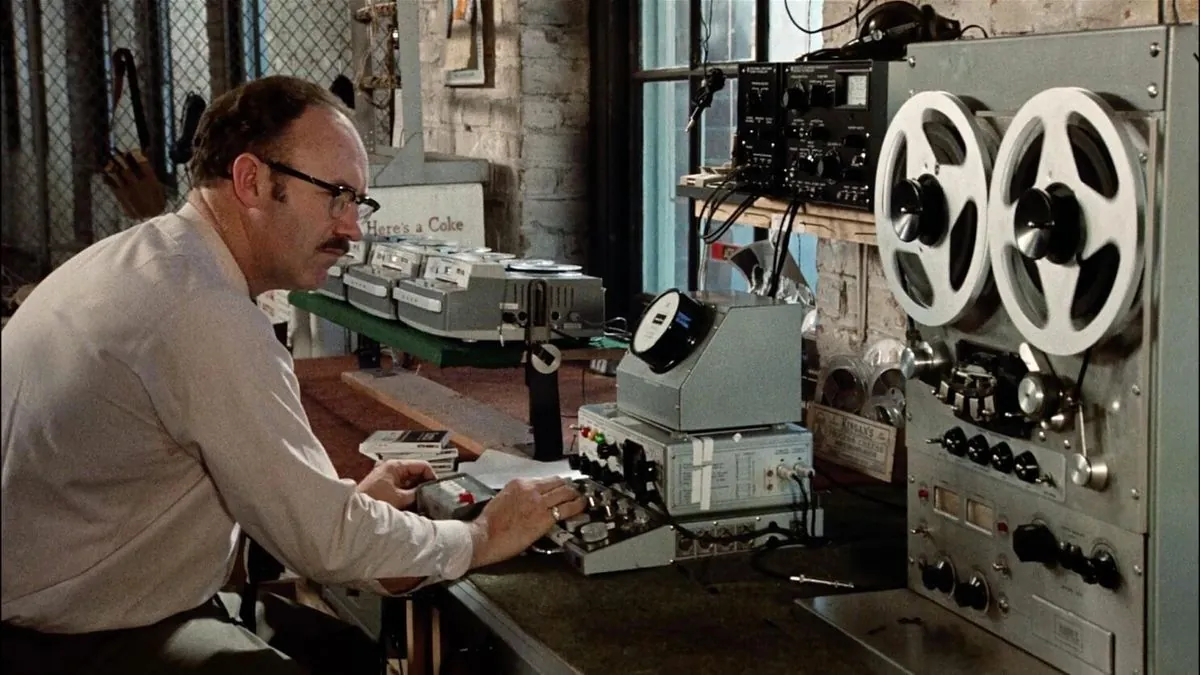In an era of ubiquitous surveillance, Francis Ford Coppola's 1974 film "The Conversation" stands as a prescient exploration of privacy concerns and technological intrusion. Released 50 years ago, this masterpiece continues to resonate with modern audiences, reflecting our deepening anxieties about constant observation.
The film centers on Gene Hackman's portrayal of Harry Caul, a surveillance expert grappling with the moral implications of his work. Set against the backdrop of San Francisco, "The Conversation" delves into themes of guilt, paranoia, and the erosion of personal boundaries in an increasingly monitored world.
Coppola's work emerged during a period of heightened political suspicion, coinciding with the Watergate scandal. This timing lent the film additional gravitas, as it mirrored growing public concerns about government overreach and clandestine surveillance.
"I'm not afraid of death, but I am afraid of murder."
"The Conversation" showcases innovative sound design, utilizing a score composed solely on piano by David Shire. This minimalist approach enhances the film's tense atmosphere, underscoring the protagonist's isolation and paranoia.
The film's influence extends beyond its initial release, inspiring subsequent works in the thriller genre. Movies like Brian De Palma's "Blow Out" (1981) and Florian Henckel von Donnersmarck's "The Lives of Others" (2006) owe a debt to Coppola's groundbreaking exploration of surveillance themes.
As technology has advanced, the concepts explored in "The Conversation" have become increasingly relevant. From social media to smart home devices, our lives are now more exposed than ever, echoing the film's warnings about the loss of privacy.
Gene Hackman's nuanced performance as Harry Caul earned critical acclaim, contributing to the film's three Academy Award nominations, including Best Picture. The film's addition to the National Film Registry in 1995 further cements its cultural significance.
In retrospect, "The Conversation" appears almost understated in its portrayal of surveillance. As we navigate a world of ubiquitous cameras, data tracking, and artificial intelligence, Coppola's vision seems not just prophetic, but perhaps even conservative in its predictions.
Fifty years on, "The Conversation" remains a powerful reminder of the ongoing tension between technology, privacy, and personal freedom. Its themes continue to provoke thought and discussion, making it as relevant today as it was in 1974.
